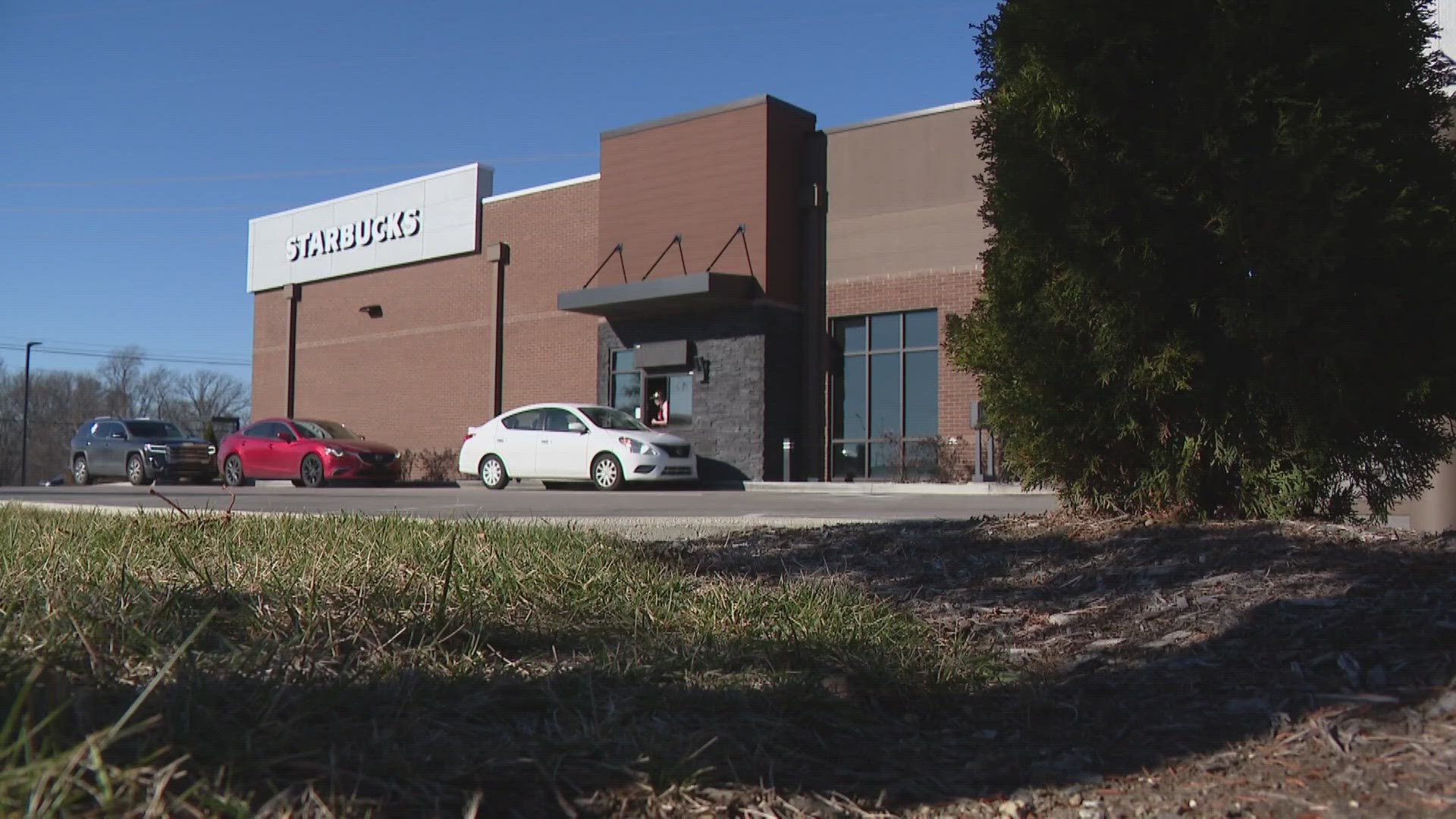SEATTLE — Starbucks should better communicate its commitment to workers’ collective bargaining rights and train its employees to respect those rights, according to an independent assessment released Wednesday.
Starbucks’ shareholders voted in March to conduct the assessment to see whether Starbucks was adhering to its own human rights standards amid a contentious effort to unionize its U.S. stores.
Since 2021, at least 370 of Starbucks’ 9,600 company-owned U.S. stores have voted to unionize with Workers United, an affiliate of the Service Employees International Union. Starbucks opposes unionization, and the company and Workers United haven’t yet agreed to a contract at any of those stores.
Starbucks opposed the independent assessment, saying it was unnecessary, but 52% of shareholders approved it. The Seattle company hired Thomas Mackall, a lawyer and labor relations expert, to complete the assessment.
In his report, Mackall found that the unionization effort took Starbucks by surprise, and it didn't have good training or guidance in place for employees on how to engage with the union.
Mackall noted that the general counsel of the National Labor Relations Board has filed at least 130 unfair labor practice charges against Starbucks, which generally involve managers making illegal threats or promises to unionizing workers or retaliatory discipline or discharges of pro-union employees. Starbucks disputes those charges.
Mackall said there is no evidence that Starbucks trained managers to violate labor laws. And he said the company has consistently told employees that it respects their right to organize. But he said the company should step up training for managers so they understand and are compliant with U.S. labor laws.
Mackall said he also found that employee discipline and discharge rates are similar at union and non-union stores. But the union campaign has heightened scrutiny of Starbucks’ actions, he said, so the company must ensure it applies standards consistently.
Mackall also said Starbucks’ Global Human Rights Statement – which it adopted in 2020 – “does not provide meaningful behavioral guidance or a clear basis for compliance” with Starbucks’ stated recognition of workers’ collective bargaining rights. Mackall said the company should revise the statement to more clearly define its commitment.
Mackall recommended that Starbucks try to restart labor talks with Workers United, which have been stalled since May. Starbucks took that advice last week, issuing an open letter to the union to restart talks.
“With each side pointing fingers, substantive dialogue will not move forward,” Mackall wrote. “Starbucks should redouble its efforts to change this.”
In a letter Wednesday, Starbucks' board of directors said it also plans to take “meaningful action” based on Mackall's conclusions.
In its own statement Wednesday, Workers United said the report acknowledges “deep problems in the company's response to workers' organizing.”
“The report shows Starbucks has a long way to go to shift policy and deconstruct the massive anti-union apparatus that remains in place and is active today,” the union said.
But the union also said it was ready and willing to return to the bargaining table.

